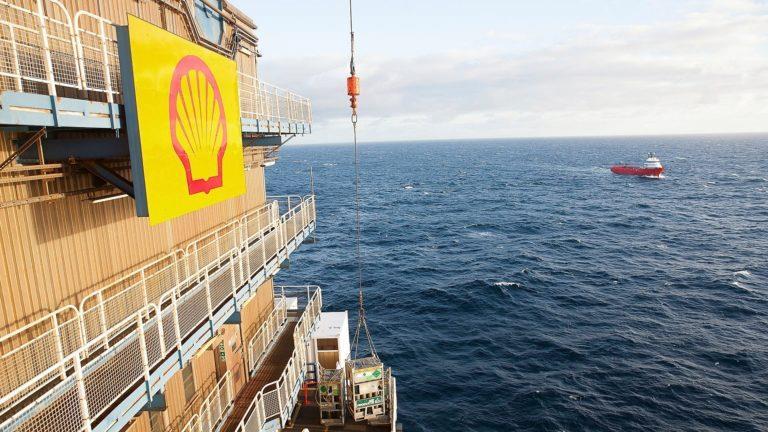
A day after saying it would quit buying Russian crude, Shell was bidding at high prices for barrels produced North Sea oil — in what may give an early indication of the cost of the switch.
Europe’s largest oil company was willing to pay as much as $4.30 a barrel above Dated Brent, a benchmark for physical crude trades globally, to secure cargoes of key North Sea oil grades.
Oil refiners across Europe are racing for alternative sources of supply after Russian oil effectively became untouchable following the invasion of Ukraine. Traders and shipping companies have been concerned about their activity being caught up in a sanctions backlash.
On Tuesday, Shell said it would halt purchases of Russian supplies for immediate delivery, and also start the process of moving out of longer-term supply deals. It said the move could impact its production of fuels at its refineries, and followed a backlash after it bought a Russian cargo last week.
On Wednesday, the company was looking to purchase a cargo each of Ekofisk, Troll, Oseberg and Forties from the region in a pricing window organized by S&P Global Platts. Fellow European refiner TotalEnergies SE also bought two cargoes in the same window.
Total has also made similar comments in recent days about Russian crude, saying that none of its traders are currently buying it.
Oil traders Vitol Group and Glencore Plc were also bidding in the Platts window. All the bids were at hefty premiums to the Dated Brent marker, indicating a continued scarcity in the market.
The contracts for difference market, weekly swaps that point to the strength of the North Sea, also flagged extreme strength. That is indicating that traders are willing to pay about $7.60 a barrel to secure crude now than in six weeks time, according to data from brokerage PVM Oil Associates Ltd.
Recommended for you
